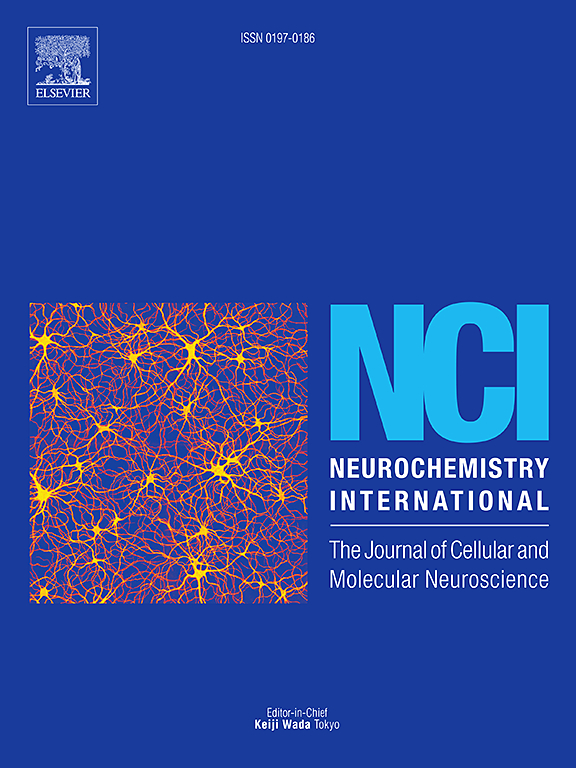An overview of the relationship between inflammation and cognitive function in humans, molecular pathways and the impact of nutraceuticals
IF 4
3区 医学
Q2 BIOCHEMISTRY & MOLECULAR BIOLOGY
引用次数: 0
Abstract
Inflammation has been associated with cognitive decline, whether in the peripheral or central nervous systems. The primary mechanism involves the response of microglia, an immune cell in the brain, which generates pro-inflammatory mediators such as cytokines, chemokines, and adhesion molecules. The excessive production of pro-inflammatory mediators may accelerate the damage to neurons, contributing to the development of neurodegenerative diseases such as Alzheimer's disease, mild cognitive impairment, and vascular dementia, as well as a general decline in cognitive function. Various studies have supported the correlation between elevated pro-inflammatory mediators and a decline in cognitive function, particularly in aging and age-related neurodegenerative diseases. Moreover, this association has also been observed in other inflammatory-related conditions, including post-operative cognitive impairment, diabetes, stroke, obesity, and cancer. However, the interaction between inflammatory processes and cognitive function in humans remains unclear and varies according to different health conditions. Therefore, this review aims to consolidate and evaluate the available evidence from original studies as well as meta-analyses in order to provide a greater understanding of the inflammatory process in connection with cognitive function in humans. Furthermore, relevant biological cellular processes, putative inflammatory biomarkers, and the role of nutraceuticals on the interaction between cognitive performance and inflammatory status are outlined.
概述人类炎症与认知功能之间的关系、分子途径和营养保健品的影响。
无论是外周神经系统还是中枢神经系统,炎症都与认知能力下降有关。其主要机制涉及小胶质细胞的反应,小胶质细胞是大脑中的一种免疫细胞,会产生细胞因子、趋化因子和粘附分子等促炎介质。促炎介质的过度产生可能会加速对神经元的损害,导致阿尔茨海默病、轻度认知障碍和血管性痴呆等神经退行性疾病的发生,以及认知功能的普遍下降。多项研究证实,促炎介质升高与认知功能下降之间存在相关性,尤其是在老龄化和与年龄相关的神经退行性疾病中。此外,在其他与炎症相关的疾病中,包括术后认知障碍、糖尿病、中风、肥胖和癌症,也观察到了这种关联。然而,人类炎症过程与认知功能之间的相互作用仍不清楚,而且因不同的健康状况而异。因此,本综述旨在整合和评估来自原始研究和荟萃分析的现有证据,以便更好地了解炎症过程与人类认知功能的关系。此外,还概述了相关的生物细胞过程、推测的炎症生物标志物以及营养保健品在认知能力与炎症状态之间相互作用中的作用。
本文章由计算机程序翻译,如有差异,请以英文原文为准。
求助全文
约1分钟内获得全文
求助全文
来源期刊

Neurochemistry international
医学-神经科学
CiteScore
8.40
自引率
2.40%
发文量
128
审稿时长
37 days
期刊介绍:
Neurochemistry International is devoted to the rapid publication of outstanding original articles and timely reviews in neurochemistry. Manuscripts on a broad range of topics will be considered, including molecular and cellular neurochemistry, neuropharmacology and genetic aspects of CNS function, neuroimmunology, metabolism as well as the neurochemistry of neurological and psychiatric disorders of the CNS.
 求助内容:
求助内容: 应助结果提醒方式:
应助结果提醒方式:


